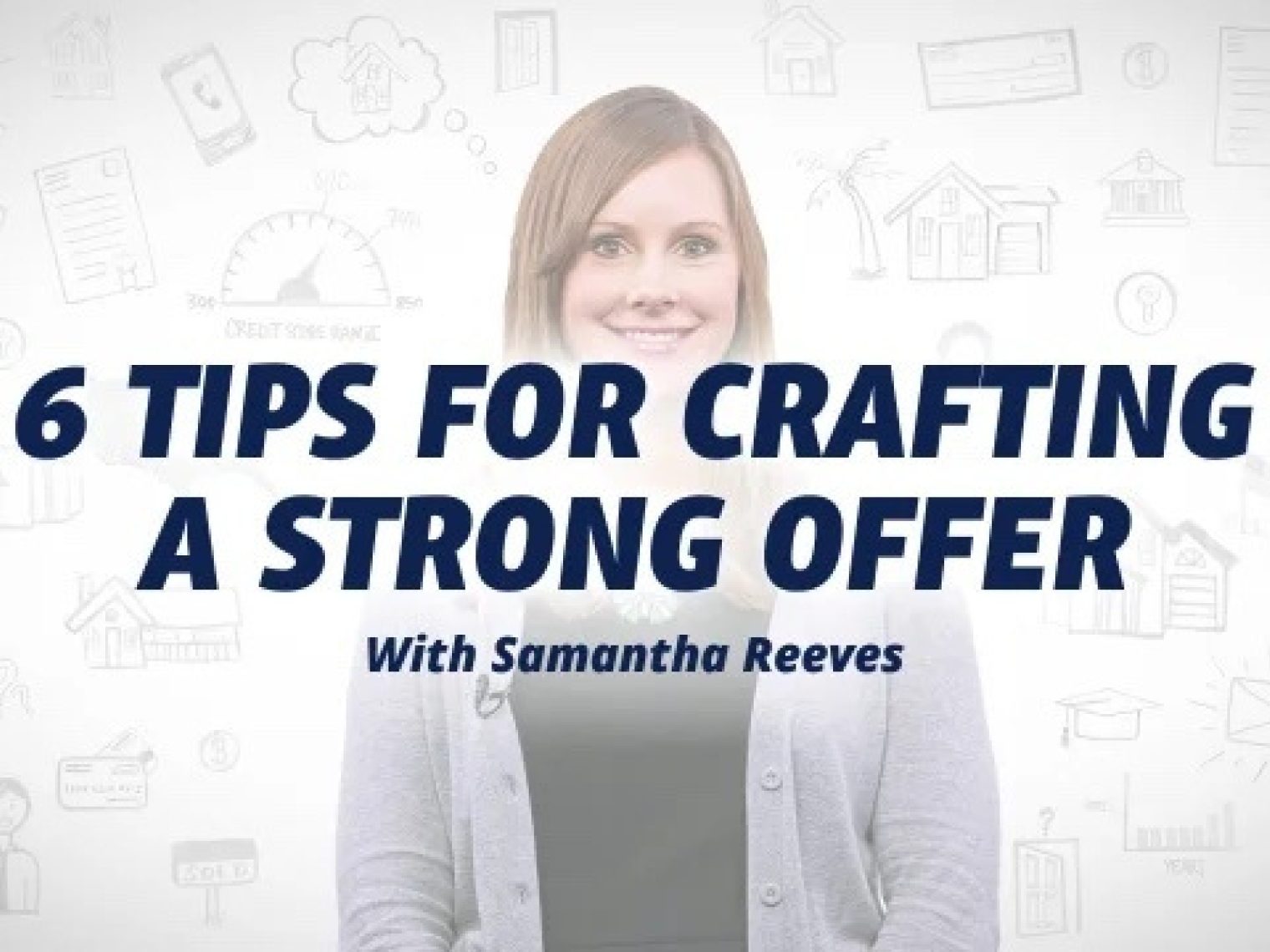VA loans are specialized and not all lenders and real estate agents are experienced with them.
Asking the right questions and comparing multiple lenders can help you find the right VA lender for you.
Buying a home isn’t something most people do often. You might only purchase one or two homes in your lifetime, while others may go through the process dozens of times.
Whether you’re a first-time homebuyer or on your 6th home purchase, working with someone who really understands VA loans is critical. Since the VA home loan is a specialized loan product, it’s not something most loan officers and real estate agents work with daily.
Be wary of lenders or real estate agents who try to steer you away from exploring the VA loan program. This is often due to a lack of familiarity with VA loans. The VA loan process isn’t more complicated or difficult than any other loan. It’s just different, and knowing how to navigate those differences can make or break a deal for buyers.
What to Look For in a VA Lender
Officially VA-approved
Deep understanding of how VA loans work
Offers guidance and support throughout the entire homebuying process
Prioritizes your needs and best interests
Questions to Ask When Choosing a VA Lender
Whether you choose Veterans United or another lender, it’s important to ask the following key questions before obtaining a VA loan.
Do You Have VA Loan Expertise?
Lenders familiar with the VA program and the unique needs of military borrowers can expertly guide you through the process. Loan officers who don’t do a lot of VA loans may not have a great grasp on the program’s requirements and restrictions, along with its exceptions and exemptions.
“VA loans have unique documentation, entitlement calculations, appraisal requirements (such as Tidewater, NOV, MPRs) and residual income standards that differ from conventional and FHA loans.”
Lenders who know VA loans inside and out can help make sure you get the most from your home loan benefits. Your loan officer should be able to clearly and concisely explain how VA loan entitlement works, walk you through the VA appraisal process and break down how this loan program compares to other options.
What Military-Related Documents Will I Need to Provide?
Lenders and loan officers should be able to walk you through the types of documents you’ll need, whether it’s a copy of your DD-214, an active duty statement of service or VA disability paperwork.
If you served in the National Guard or Reserves, your loan officer should help you get your points statement. The last thing homebuyers need is a delay because of easily avoidable paperwork problems.
Will I Need to Obtain My Own Certificate of Eligibility?
Some VA lenders will be able to obtain your Certificate of Eligibility (COE) for you in seconds using the VA’s online portal. You’re certainly welcome to try and obtain the COE on your own.
However, having a lender take care of it for you can save time and potential delays. You also don’t need this document in hand to start the process. Veterans United can simply get your COE for you.
Can You Recommend a Real Estate Agent Who Knows VA Loans?
Working with a real estate agent who truly understands VA loans can make a big difference for Veterans and military buyers. Ask lenders if they can connect you to a Veteran-friendly agent in your market.
Real estate agents who know VA loans can save you time and money. Veterans United has a national realty network of more than 6,000 VA-specialized agents.
Will I Have a Dedicated Loan Team?
Many lenders shuffle their borrowers through a process that looks something like a conveyor belt. Consumers are passed from person to person as they move through the loan approval process. You might talk to a different person every time you call and explain the same information over and over.
“Having the right people on your team, such as a loan officer, underwriter and real estate agent, can mean the difference between a seamless approval and a stressful decline or delay.”
Working with a dedicated loan team means you’ll have a consistent group of VA loan experts guiding you from start to finish. They’ll get to know your unique situation, answer your questions quickly and help ensure a smoother, less stressful path to homeownership.
How to Compare VA-Approved Lenders
Comparing VA lenders is a key step in finding the right mortgage partner for your needs. Skipping this process can lead to higher costs, limited loan options, or a frustrating experience down the line. While the lender’s reputation is important, also look at the specifics of each lender’s loan offer.
Be sure to compare factors such as:
Loan term
Any additional fees
Taking the time to compare multiple offers helps you make a well-informed decision. Veterans United recommends comparing loan offers from at least three different lenders. The ultimate goal is to protect your investment and your financial security by choosing a lender that can help you get the most from your hard-earned benefits.
Reach out to a Veterans United VA loan expert at 855-870-8845 or get started online today.
How We Maintain Content Accuracy
Our mortgage experts continuously track industry trends, regulatory changes, and market conditions to keep our information accurate and relevant. We update our articles whenever new insights or updates become available to help you make informed homebuying and selling decisions.
Current Version
Dec 5, 2025
Written ByChris Birk
Reviewed ByDon Wilson
Minor readability updates and incorporated underwriter quotes. Article reviewed and fact checked by underwriter Don Wilson.
Related Posts
-
 How to Make an Offer on a HouseOnce you’ve found the right home, you need to know how to put together a purchase offer. Learn tips for putting an offer on a house with a VA loan.
How to Make an Offer on a HouseOnce you’ve found the right home, you need to know how to put together a purchase offer. Learn tips for putting an offer on a house with a VA loan. -
 4 Tax Breaks for Homeowners for 2025Owning a home not only offers a sense of security but can also lead to significant tax savings. Discover the top tax deductions and credits available to homeowners so you can enjoy the perks of homeownership – even at tax time.
4 Tax Breaks for Homeowners for 2025Owning a home not only offers a sense of security but can also lead to significant tax savings. Discover the top tax deductions and credits available to homeowners so you can enjoy the perks of homeownership – even at tax time.

